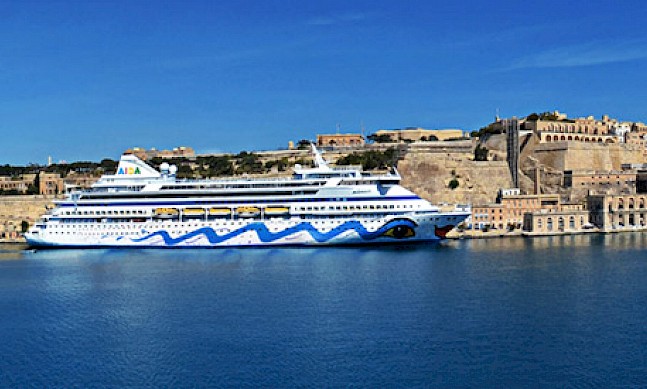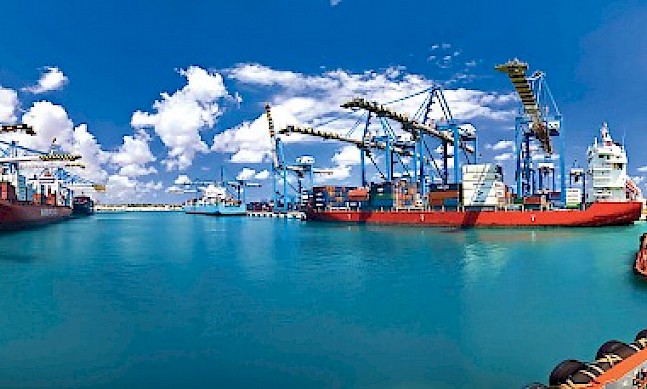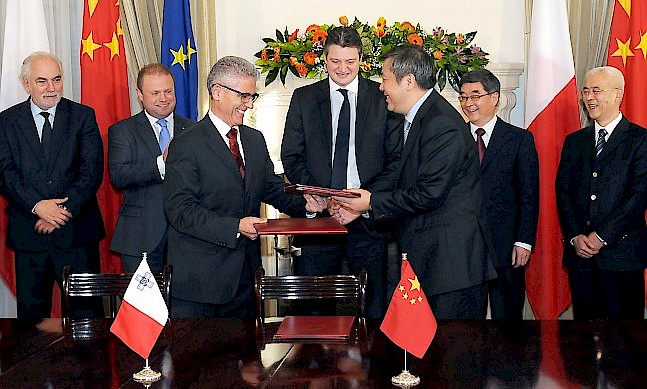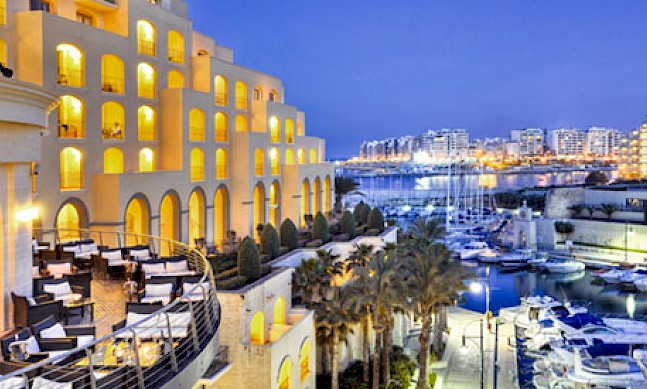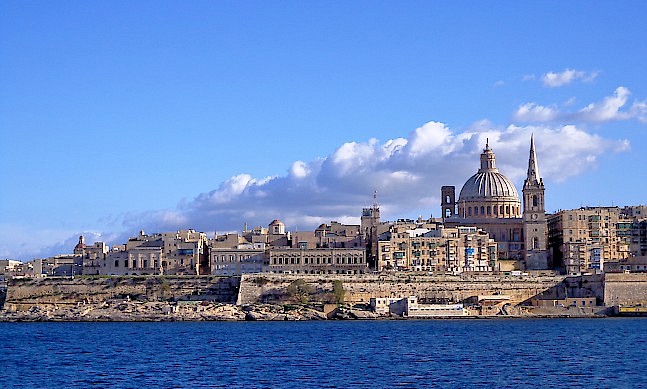The Malta Communications Authority's Digital Malta vision aims to take information and communications technology to the next level to expand Malta’s role as a gateway to Europe and Africa, uniting government, business and citizens to create unique opportunities in one of the EU’s most wired economies.
For centuries Malta has functioned as a bridge across the Mediterranean. In the 21st century, that role relies largely on information and communications technology, a category where Malta consistently ranks at or near the top among EU member states. The Malta Communication Authority (MCA) is the national regulatory authority that sets policies and strategies to keep that lead and expand Malta’s role as a key global link in the digital economy.
“Malta has the natural advantage of being well positioned to act as a logistics hub, offering an excellent opportunity for businesses to simultaneously reach the European and MENA [Middle East/North Africa] regions,” MCA chairman Edward Woods says.
“We need to ensure that regulation facilitates innovation and continued investment in the sector. We are working very hard in this regard to constantly ensure a forward-looking regulatory framework,” adds Woods.
MCA regulates the telephone and data transmission sectors, including spectrum management, and oversees digital infrastructure and international connectivity, striving to achieve full liberalisation in these areas. While it oversees the digital architecture, the authority does not regulate content transmitted over these networks.
“A strong digital economy is central to a country’s competitiveness, growth and jobs strategy.”Post This
All connected
Information and communications technology (ICT) is already a major factor in Malta’s economy. “Over the past few years, new developments in international connectivity not only helped reinforce Malta’s position as the leading EU jurisdiction for the e-gaming industry, but also led the financial and various other service industries to make great strides,” Woods, who took office in March 2013, says.
Excluding the e-gaming sector, ICT contributes 5.7 percent to GDP and employs nearly 6,000 people. Malta places high in EU and world ICT rankings, including 16th globally in the World Economic Forum’s Technological Readiness Index, third in the world in international bandwidth and fifth in promoting ICT use domestically.
To keep ICT moving forward, the government launched the Digital Malta strategy 2014-2020 this March. Formulated by MCA along with the Malta Information Technology Agency and built on political consensus, Digital Malta aims to keep the nation among the digital leaders in Europe and make it a more attractive destination for foreign ICT investment.
“The revolution in communications technology has created enormous social and economic opportunities for Malta,” Woods says. “The MCA is constantly working with the government including sector specific agencies such as the Malta Tourism Authority and Malta’s investment agency, Malta Enterprise, in the implementation of ICT-friendly measures that facilitate new investments in the industry, a must if the country is to keep abreast with developments and provide industries and consumers with future-proof communications infrastructure.”
Focus on ICT
The government’s new Digital Malta strategy is aimed at boosting the nation’s information and communications technology infrastructure and resources, including doubling research expenditures and facilitating investment partnerships.
Pillar talk
The Digital Malta strategy is built on three pillars: Digital Business, Digital Government and Digital Citizen; and each pillar translates into benefits for investors. The government plans to double its spending on ICT research and development in order to encourage greater innovation in the sector.
The strategy promotes further adoption of ecommerce by domestic consumers and businesses. It also aims to create a digitally educated populace that can provide a customer base and skilled workforce for digital business, whether in the ICT sector specifically or incorporating ICT into other enterprises. “We also attempt to create synergies between different entities in order to provide one-stop-shop services and a seamless experience to industry players and other stakeholders,” Woods says.
As a small market, Malta has limited horizons for domestic e-commerce, but through Digital Malta, MCA aims to turn that handicap into a competitive advantage. “This scheme aims to exploit Malta’s unique potential as a test-bed,” Woods explains.
“Malta’s size, geographic location and population density mean that it is an ideal location to act as a testing ground for new services. It is a microcosm that offers the potential for testing applications, such as city management and intelligent transport systems, or mobile technologies, on a nationwide basis with limited investment,” Woods says. To encourage technology tests and service trials, MCA is introducing special licensing procedures and fees for experimental innovations.
A Maltese technology company is already taking advantage of its homeland’s compact size to launch a nationwide trial of a new digital currency, Muniti, which it hopes will help promote tourism from beyond the eurozone. To introduce the currency, the developers will distribute 156 Munitis to every household in Malta, hoping to prime the pump for its acceptance and use by tourists.
ICT in numbers
One LTE (4G) network being rolled out
MCA has facilitated the launch and continued roll-out of LTE in Malta through its pro-investment spectrum management policies
Two next-generation access networks (NGA)
The MCA strives to foster innovation and investment to support the development of NGA networks, ensuring sustainable competition and affordable access
Nationwide 3G mobile networks
In Malta, mobile telephony service providers have 3G networks with nationwide coverage
Four cable links to mainland Europe
Malta boasts robust international connectivity with four cable links to mainland Europe. A fifth link is currently being rolled out
Fifth place in Europe in broadband penetration
The European Commission ranks Maltese broadband services better than the EU average in a number of key performance indicators



